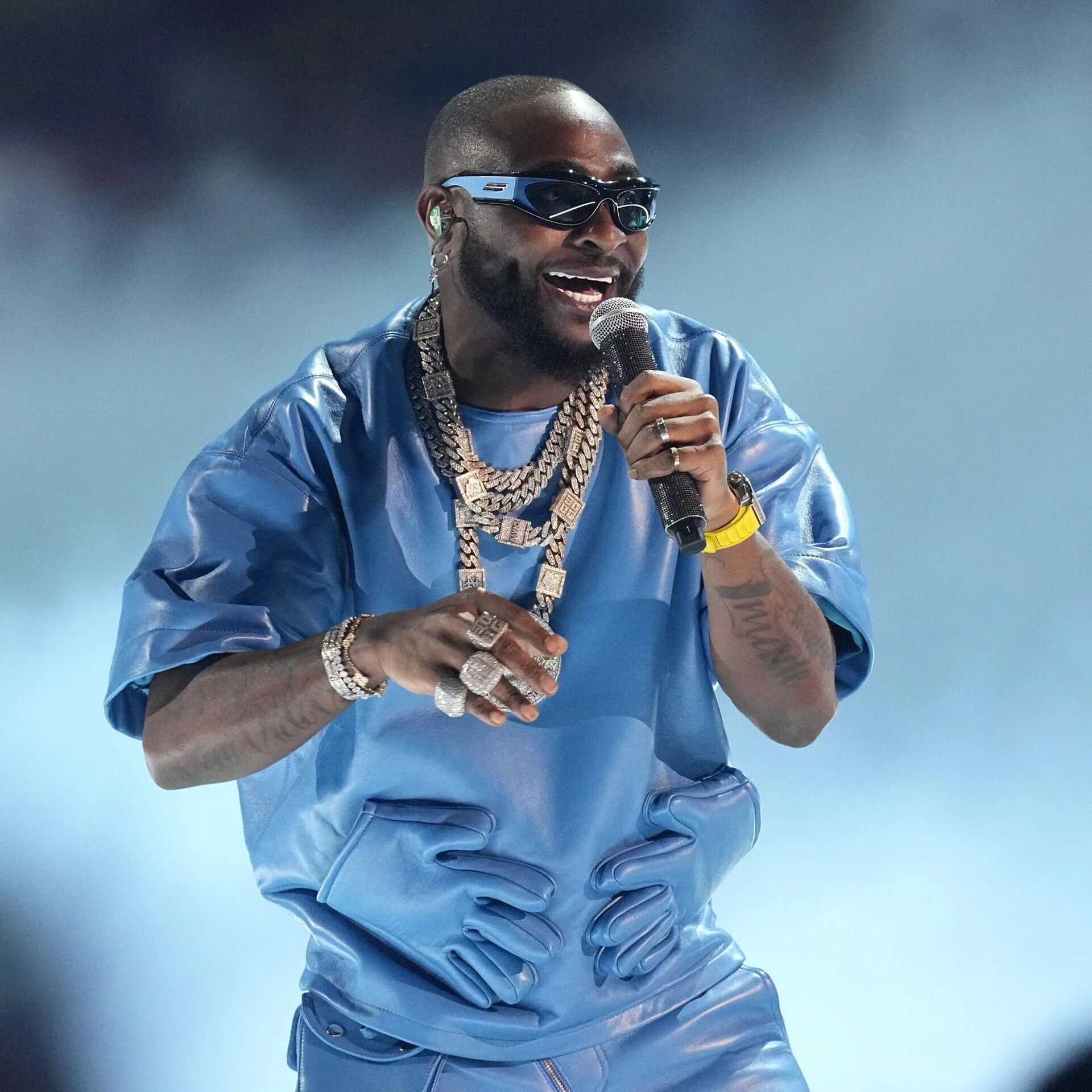Davido's statement about Nigeria's economy being "in shambles" sparks controversy, drawing backlash from public figures like Reno Omokri and Patrick Doyle. Read more.

Afrobeats megastar Davido, known for his infectious hits and charismatic persona, recently found himself at the center of a heated debate. During an appearance on The Big Homies House podcast, Davido made candid remarks about Nigeria’s economy, calling it “in shambles” and discouraging the idea of relocating to the country due to its economic and political challenges.
Davido’s Words: A Harsh Reality or Harsh Criticism?
The singer, whose influence extends far beyond music, lamented the state of the Nigerian economy, citing issues like poor leadership, a flawed exchange rate system, and high oil prices despite Nigeria being an oil-producing nation. He described his frustrations with governance, saying:
“We do not have the best leaders, that’s a fact.”
These remarks, though reflective of sentiments shared by many Nigerians, sparked outrage among public figures and media personalities who accused Davido of tarnishing Nigeria’s image on an international platform.
Public Backlash: Celebrities Speak Out
Patrick Doyle
Veteran actor Patrick Doyle criticized Davido for what he perceived as hypocrisy, referencing the wealth and investments of Davido’s family in Nigeria. Doyle wrote on Facebook:
“You have to be incredibly dense to ask foreigners not to visit a country where your father has a $2 Billion Dollar power generation investment. Some persons ought to know much better.”
Reno Omokri
Former presidential aide Reno Omokri echoed this sentiment, calling Davido’s comments ignorant and unpatriotic. Omokri’s post on X (formerly Twitter) highlighted the singer’s familial ties to Nigerian politics, stating:
“It isn’t enjoyable for a young man whose uncle is a governor and should know better.”
Joe Igbokwe
Political figure Joe Igbokwe took an even stronger stance, demanding a retraction. He described Davido’s remarks as damaging and unfair, stating:
“My In-law Davido has made me sad by telling the world in America that Nigeria’s economy is in shambles.”
While the backlash has been loud, many Nigerians resonate with Davido’s observations, seeing them reflect the country’s economic realities. Critics, however, argue that his position as a global ambassador for Nigeria requires him to highlight the country’s strengths rather than airing its flaws on a global stage.
Final Thoughts
Davido’s comments reignite a recurring debate: should public figures openly criticize their country’s challenges, or should they focus on portraying a positive image? His defenders argue that acknowledging the truth is the first step toward change, while detractors insist that global platforms are not the place for such candid reflections.
Davido’s remarks may have struck a nerve, but they also underline the challenges Nigerians face daily. Whether seen as unpatriotic or brutally honest, his statement has sparked a conversation about leadership, economic priorities, and the role of public figures in shaping Nigeria’s narrative.
In the end, the controversy raises a pressing question: how can Nigeria’s issues be addressed without compromising its global reputation?

